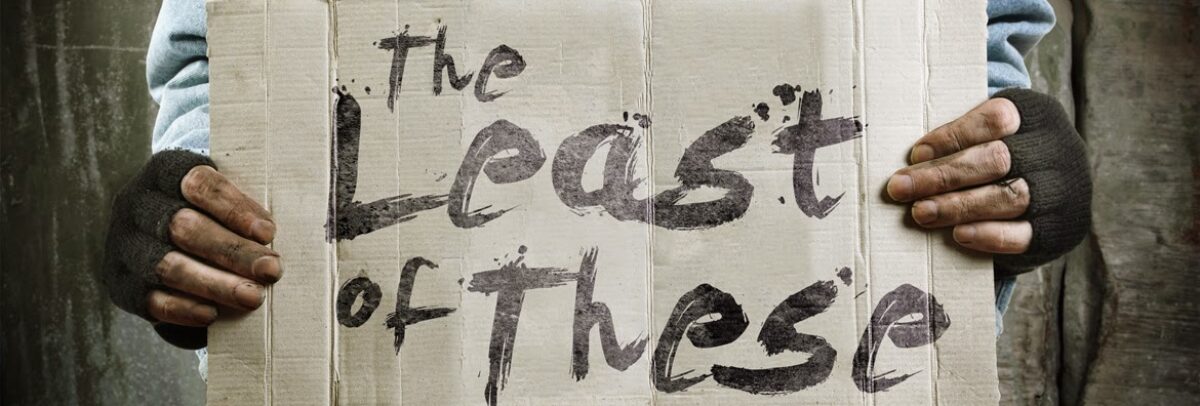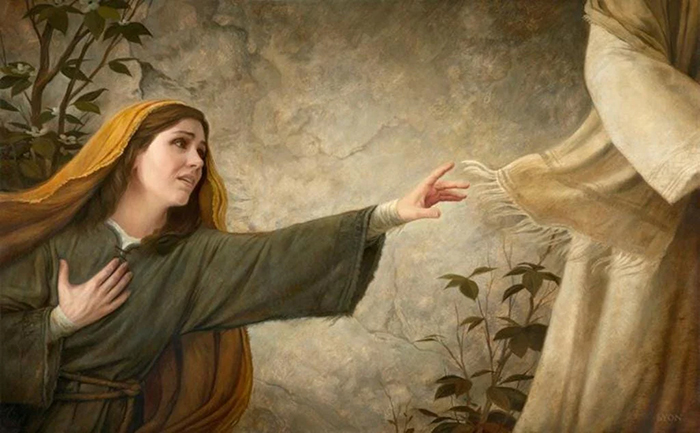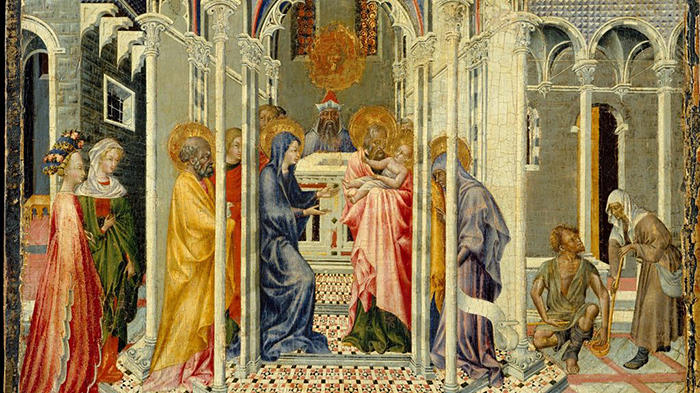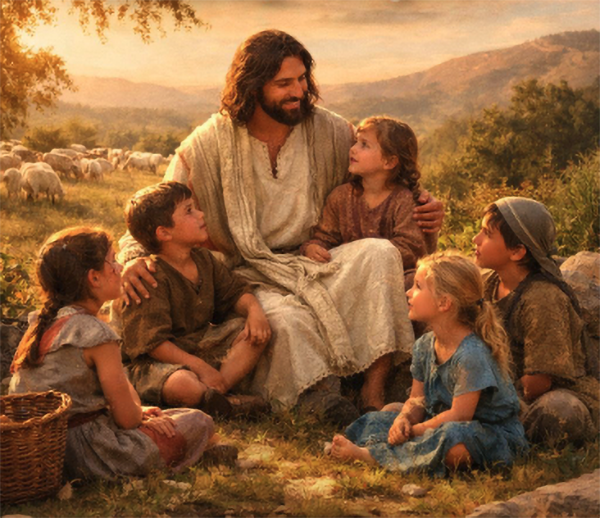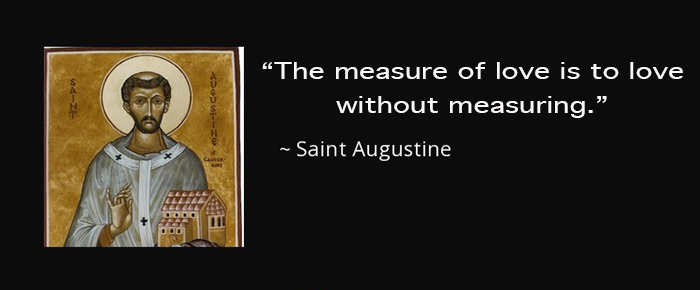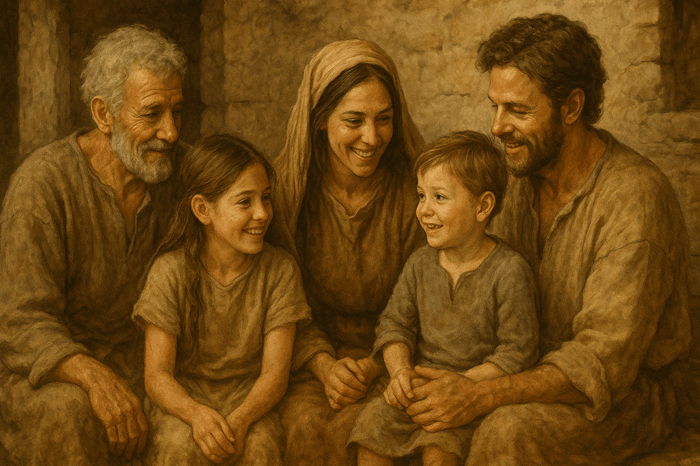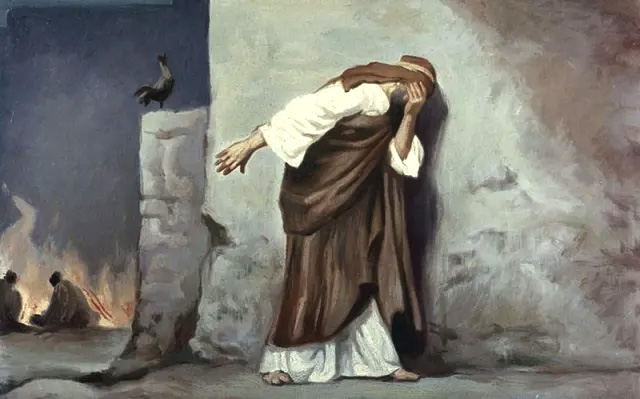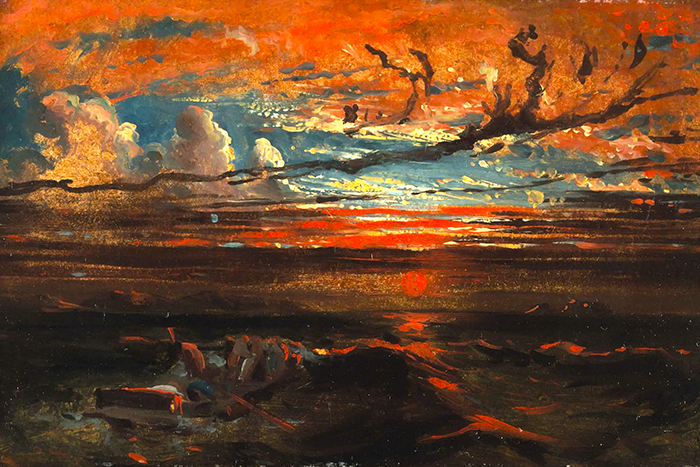
In 2015, Dylann Roof shot nine members inside an African American church in South Carolina and was publicly forgiven by the relatives of his victims. And in 2006, when a gunman shot ten Amish children in a school room in Pennsylvania and then killed himself, the Amish community there not only forgave him, they went to visit his family and expressed sympathies to them for their loss. What was the general response? Admiration for extraordinary selflessness and virtue? No, not that. More generally, these instances of forgiveness were judged as naïve fundamentalism and as unhelpful. Why?
Timothy Keller, writing in Comment Magazine, suggests that there are a number of reasons for this, but he singles out two in particular. We are a “therapeutic culture” (where only our own truth and feelings matter) and a culture that has a “religion without grace” (its vision and virtue go no further than what echoes in our emotions and willpower). Hence, our culture sees forgiveness more negatively than positively. For it, forgiveness allows oppression to maintain its power and thus permits the cycle of violence and abuse to go on. Like a family refusing to stand up to an alcoholic member, it enables rather than stops the abuse and allows a sick situation to continue. Forgiveness then is a further injustice to the one who has been violated and can lead to a form of self-loathing, an acceptance of a humiliation destructive of one’s self-image, a further loss of dignity. Moreover, the moral pressure to forgive can be a further burden on the victim and an easy escape for the perpetrator. Is this logic correct?
From a purely emotional point of view, yes, it feels right; but it is wrong when scrutinized more deeply. First, it is evident that vindictiveness will only produce more vindictiveness. Vindictiveness will never soften a heart and help change it. Only forgiveness (analogous to dialysis) can take violence and hatred out of a relationship. As well, in the words of Martin Luther King, anyone devoid of the power of forgiveness is also devoid of the power of love. Why? Because each of us will get hurt by others and will hurt others in every one of our relationships. That is the price of community inside human inadequacy. Hence, relationships at every level, personal and social, can only sustain themselves long term if there is forgiveness.
Moreover, with Jesus, forgiveness becomes singularly the most important of all virtues. It decides whether we go to heaven or not. As Jesus tells us when he gives us the Lord’s Prayer, if we cannot forgive others, God will not be able to forgive us. Why? Because the banquet table, eternal community of life, is only open to everyone who is willing to sit down with everyone. God cannot change this. Only we can open our hearts sufficiently to sit down with everyone.
That being said, it must also be said that forgiveness is not simple or easy. That is why in the Judeo-Christian spirituality of Sabbath, there is a (too-little-known) spirituality of forgiveness. As we know, the command to celebrate Sabbath asks us to honor this cycle in our lives: Work for six days – rest for one day. Work for 7 years – rest for one year. Work of seven times seven (forty-nine) years – have a major rest (sabbatical). Work for a lifetime – and then be on sabbatical for eternity.
Well that is also the cycle for forgiveness. In the spirituality of Sabbath: You may hold a minor grudge for six days – then you need let it go. You may hold a major grudge for seven years – then you need to let it go. You may hold a soul-searing grudge for forty-nine years – then you need to let it go. You may hold a grudge that ruined your life until your deathbed – then you need to let it go. That is the final Christian moral imperative. Desmond Tutu once said, “without forgiveness there is no future”. True – on both sides of eternity. [Excerpt from Ron Rolheiser’s “The Fading of Forgiveness” August 2021]
